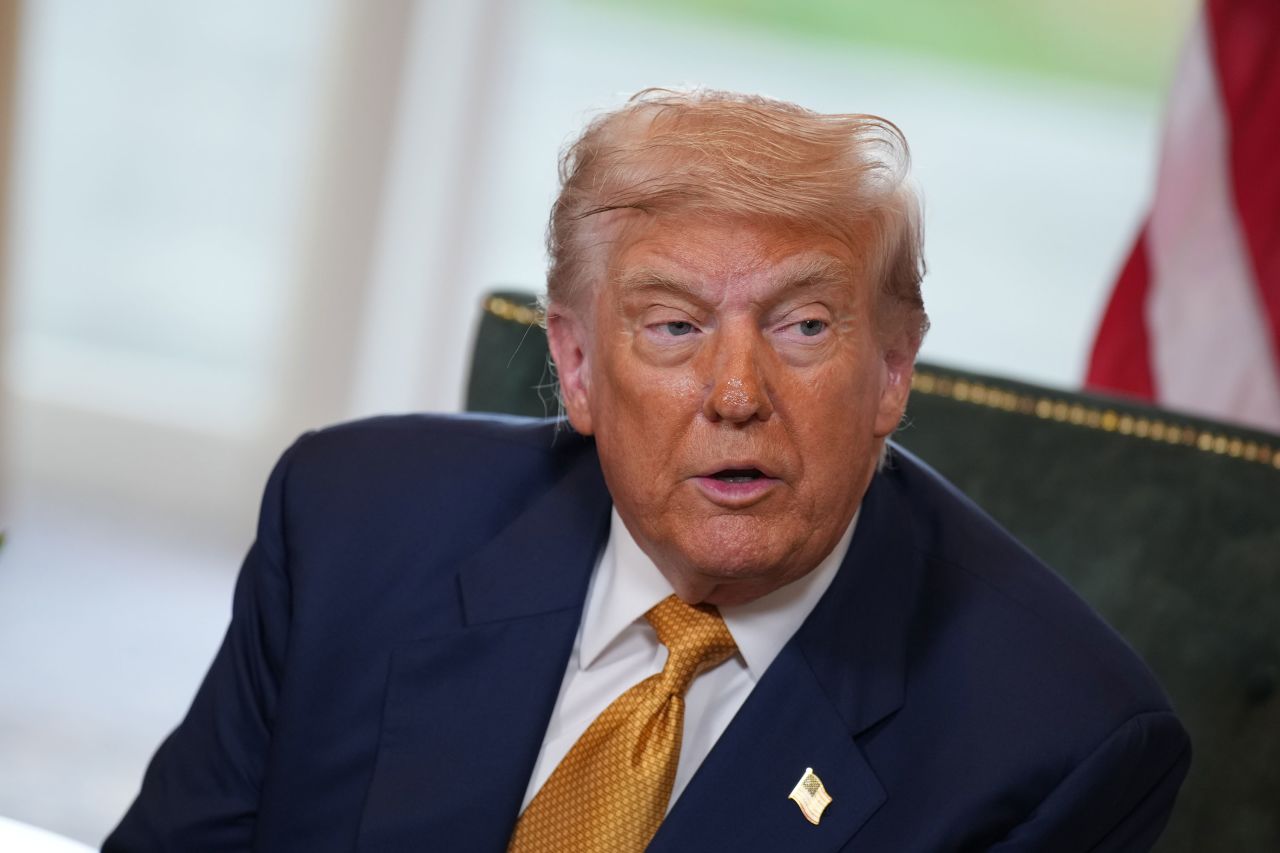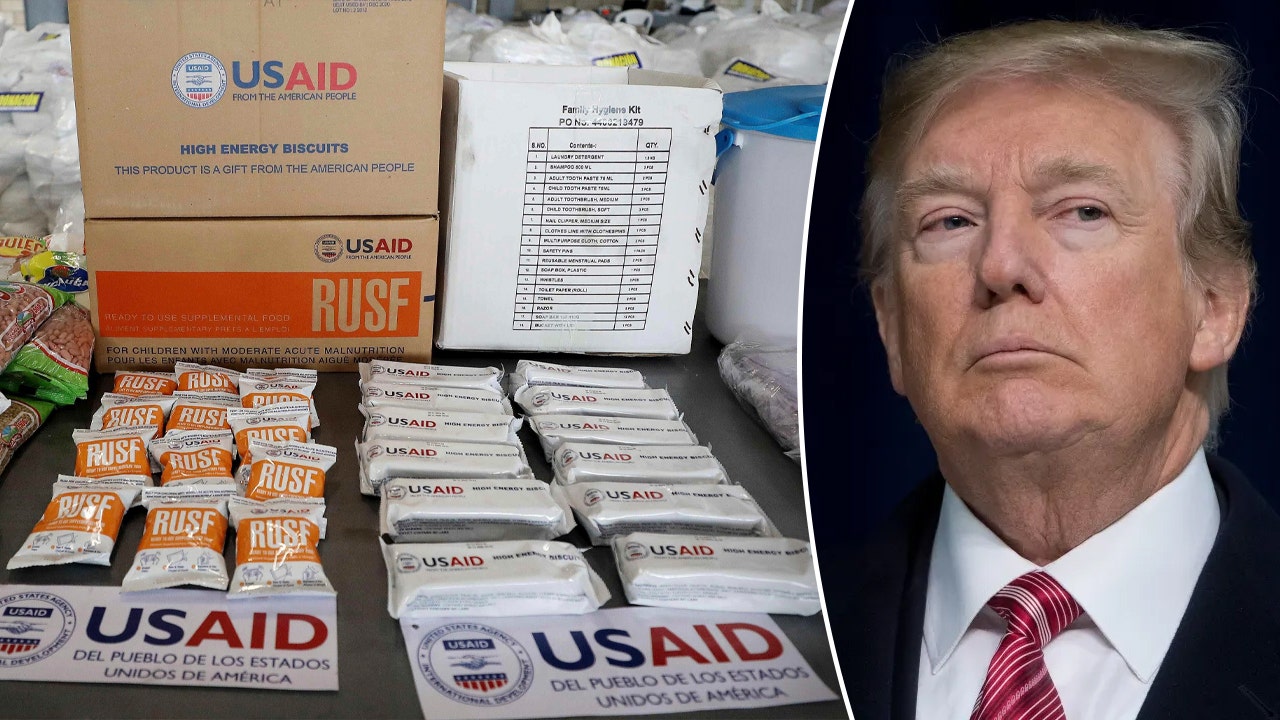Trump Declares Crime Emergency in D.C., Mobilizes Federal Resources to Combat Rising Violence
In a dramatic move that has sparked both support and contention, President Donald J. Trump officially declared a Crime Emergency in the District of Columbia on August 25, 2025. This declaration aims to address a troubling increase in violent crime within the nation"s capital, prompting the mobilization of federal resources to support local law enforcement efforts.
Background & Context
The decision comes amidst a backdrop of rising concerns over public safety in Washington, D.C. Over the past year, statistics have indicated a disturbing trend of escalating violent crime, including homicides and assaults. Critics argue that this situation contradicts the narrative of a significant crime decline in the city, as reported by the D.C. Attorney General, who labeled the administration"s actions as "unprecedented." In light of these tensions, Trump"s declaration is seen as a response to both public outcry and political pressure to act decisively in the face of rising violence.
The executive order issued by Trump outlines a series of measures aimed at enhancing security in D.C., including increased funding for local police departments, the deployment of federal law enforcement agencies, and collaboration with the National Guard. This move marks a significant escalation in the federal government"s role in local law enforcement, raising questions about the balance of power between state and federal authorities.
Key Developments
In his announcement, President Trump emphasized the urgent need to restore law and order in the capital. "We cannot allow our cities to descend into chaos," he stated, highlighting a commitment to protecting citizens and maintaining public safety. The executive order details a comprehensive plan to allocate federal resources, including personnel and funding, to bolster the capabilities of local law enforcement.
As part of this initiative, the Pentagon has already begun mobilizing 800 National Guard soldiers to Washington, D.C., to assist local law enforcement. This deployment is being framed as a necessary step to ensure safety in the face of rising crime and heightened security concerns. The situation has drawn parallels to previous instances where federal intervention was deemed necessary, though critics argue that such measures may exacerbate tensions rather than alleviate them. For further insights, see our earlier coverage on this deployment.
\n\n
Image for Trump Declares Crime Emergency in D.C., Mobilizes Federal Resources to Combat Rising Violence
Broader Impact
The implications of Trump’s Crime Emergency declaration extend beyond immediate law enforcement measures. Experts are analyzing the potential long-term effects on community-police relations, civil liberties, and the political landscape. Some community leaders have expressed deep concern that federal intervention could lead to increased militarization of police forces, potentially straining relationships between law enforcement and the communities they serve.
Additionally, the declaration has ignited a political firestorm, with opponents arguing that it is a politically motivated tactic aimed at rallying support among Trump"s base ahead of the upcoming elections. This sentiment is echoed in recent protests that have erupted in D.C., where residents have rallied against the crime initiative, voicing their fears of overreach and the erosion of local governance. For more on community reactions, refer to our related coverage.
What"s Next
As this situation unfolds, the administration"s next steps will be closely scrutinized. Local officials, including the D.C. Attorney General, have vowed to challenge the declaration, arguing that it undermines the progress made in reducing crime rates in recent years. Legal battles may ensue as the city grapples with the implications of federal involvement in local policing.
Meanwhile, residents and community activists are organizing to voice their concerns and demand accountability from both local and federal authorities. The coming weeks will likely see heightened tensions as the government implements its emergency measures, with the potential for further protests and discussions about the future of public safety in D.C. The outcome of this initiative could set a precedent for how similar situations are handled in other urban areas across the country.

Image for Trump Declares Crime Emergency in D.C., Mobilizes Federal Resources to Combat Rising Violence


![[Video] Federal agents chase woman in Minneapolis during protest](/_next/image?url=%2Fapi%2Fimage%2Fthumbnails%2Fthumbnail-1768254086697-5gfcba-thumbnail.jpg&w=3840&q=75)




![[Video] Gunfire between Iraqi security forces and Sadr militias in Baghdad](/_next/image?url=%2Fapi%2Fimage%2Fthumbnails%2Fthumbnail-1768343508874-4redb-thumbnail.jpg&w=3840&q=75)
